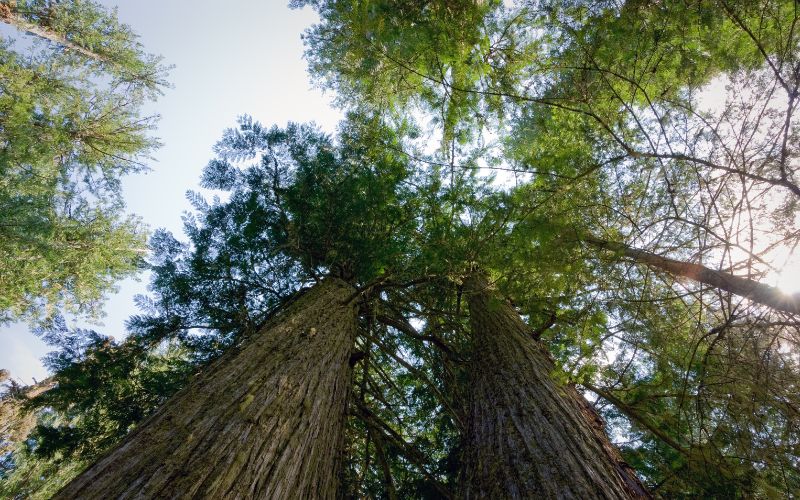
- Details
- By Native News Online Staff
Anishinaabe people have used northern white-cedar wood and bark for centuries to create cultural items such as birchbark canoes and ceremonial mats. But climate change and overharvesting has caused a decline in Giizhik in recent years, the tribe said.
On Feb. 13, the tribe announced updates to its Tribal Code that will ensure the sustainable harvest of Giizhik trees.
“Giizhik trees are sacred, elder beings to our Anishinaabe nation, which provide teachings, medicine, and essential habitat for other plants and wildlife,” said Sault Tribe Chairman Austin Lowes in a statement. “It’s important that we stop the abuse of Giizhik trees in our region and promote sustainable harvest practices for future generations.”
Under the new law, tribal members must obtain a permit before collecting Giizhik bark from tribal or public land. Legal harvesting under the updated Code is designed to protect and honor Giizhik trees and to maintain good harvesting relationships in future generations, according to the tribe.
More Stories Like This
Gwich'in Tribal Governments Submit Comments Challenging Fish and Wildlife Service's Inadequate Environmental Review of Arctic Refuge Snow RoadRappahannock Tribe Challenges 9M-Gallon Water Plan
Feds release draft long-term plans for Colorado River management
Apache Leader Walks 60 Miles to Court Hearing That Will Decide Fate of Sacred Oak Flat
Rappahannock Tribe Raises Sovereignty and Environmental Concerns Over Caroline County Water Permit
Help us defend tribal sovereignty.
At Native News Online, our mission is rooted in telling the stories that strengthen sovereignty and uplift Indigenous voices — not just at year’s end, but every single day.
Because of your generosity last year, we were able to keep our reporters on the ground in tribal communities, at national gatherings and in the halls of Congress — covering the issues that matter most to Indian Country: sovereignty, culture, education, health and economic opportunity.
That support sustained us through a tough year in 2025. Now, as we look to the year ahead, we need your help right now to ensure warrior journalism remains strong — reporting that defends tribal sovereignty, amplifies Native truth, and holds power accountable.
 The stakes couldn't be higher. Your support keeps Native voices heard, Native stories told and Native sovereignty defended.
The stakes couldn't be higher. Your support keeps Native voices heard, Native stories told and Native sovereignty defended.
Stand with Warrior Journalism today.
Levi Rickert (Potawatomi), Editor & Publisher


